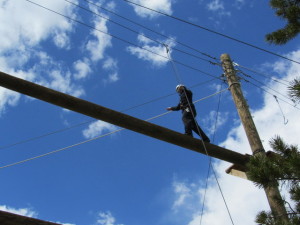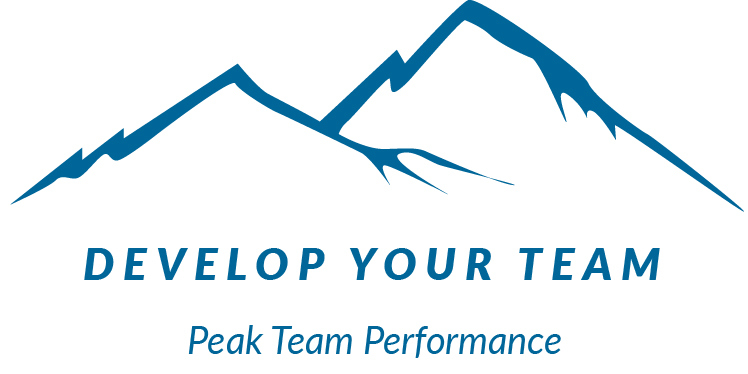“Comfort zones are often expanded through discomfort.” – Mimi Solaire
Why would you want to expand your comfort zone? The comfort zone. It’s a safe place, probably one in which you feel confident. You know what to expect, how to behave. One might conclude that this is a good place, one to hang out in all the time.
I would argue “yes” and “no.” Yes, it can be a good place, one where you can restore your intellectual, emotional, spiritual, and physical energy. But no! Not a place to be all the time. Why not? Well, it would get boring for one thing. But more than that, learning isn’t happening in the comfort zone. It’s comfortable there because you’ve already learned what you need to know to get along there. Something else happens after too long in the comfort zone. You may have seen or experienced this yourself. Complacency, gradually affecting work, relationships, or health.
What happens when you expand your comfort zone? Your capacity to learn and develop grows. And, each step you take along the path from beginner to expert expands your comfort zone that much more. As you think about all the things that come naturally to you now – perhaps things like walking, writing, driving, or typing – try to remember the awkwardness you felt when you were first learning, when these things took you out of your comfort zone. It took time, but the discomfort was worth it, right?
When you are developing a team, you are likely to push team members outside their comfort zones at times. This is good, because just as individuals experience growth outside their comfort zones, so do teams. The path to high performance is challenging and involves taking risks. It is anything but complacent. Purposeful team-building activities accelerate a team’s development and ability to perform at high levels by intentionally and persistently expanding comfort zones.
When I’m faced with something that takes me outside of my comfort zone, I find it helpful to focus on the things I’m going to learn from the experience, and how it will help me grow. What about you? What helps you get outside your comfort zone?
Photo courtesy of Tim Schultz

